When you think of Japanese drinks, you probably think of beer and sake. But there is also a small but well-established culture of grape growing in Japan, with commercial wine production dating back to the late 19th century in the historic Yamanashi region, in the cool, high country near Mount Fuji.
The Misawa family founded Grace Wines in Yamanashi in 1923 and the winery is regarded as one of the country’s best, particularly when it comes to koshu, a delicate-tasting grape that has been grown in Japan for about 1000 years.
Ayana Misawa grew up on her family property — “I was born in the winery,” she says — and has been chief winemaker since 2008. I caught up with her when she visited Australia recently to show the latest vintages.
Misawa studied winemaking in Bordeaux and has worked in regions around the world, including three vintages in Australia: at Brokenwood in the Hunter, Woodlands in Margaret River and Arras, the sparkling wine specialist, in Tasmania.
This international experience can be seen in the Grace wines, I think.
The wines designed for everyday drinking and serving by the glass in restaurants in export markets, for example, are bottled under screw cap, and there is an emphasis on upfront, pure fruit flavours — the hallmark of what may be called “New World” (read Australian and New Zealand-style) winemaking.
The 2014 Kayagatake White (about $42), a 100 per cent koshu, has all the clean crisp refreshment of a cold granny smith apple, while the 2014 Kayagatake Red (also $42), a blend of cabernet, merlot and a fragrant red hybrid muscat grape, is bursting with juicy wild strawberry flavours.
The Misawa family also has been at the forefront of trialling international viticultural techniques in Japan.
Koshu is traditionally grown on large, tall pergola vines — high-yielding bunches hanging over the pickers’ heads. But at Grace’s top estate vineyard they have converted to lower, more densely planted rows — a kind of trellising called vertical shoot positioning, typical in most Australian wine regions. And the best examples of their koshus, from their lowest yielding vines, are truly exceptional.
The 2012 Private Reserve Toriibira (about $65), a partially barrel-fermented koshu from a single vineyard, has exquisite vitality and a lovely core of plump fruit — like just-ripe honeydew melon. In style it’s similar to a good single-vineyard Italian soave from a top producer such as Pieropan, and would be sensational matched with simple fish dishes.
The 2012 Cuvee Misawa Akeno (about $85) from that top VSP-trained vineyard I mentioned above is quite different: here, the koshu grape proves to be a startlingly expressive conduit for the taste of terroir — the high-altitude volcanic slopes give the wine a tangy, intense minerality. Like great Hunter semillon, while this wine is delicious now — if you like lean but satisfyingly bone-dry whites — it should develop even more complexity and interest in the cellar.


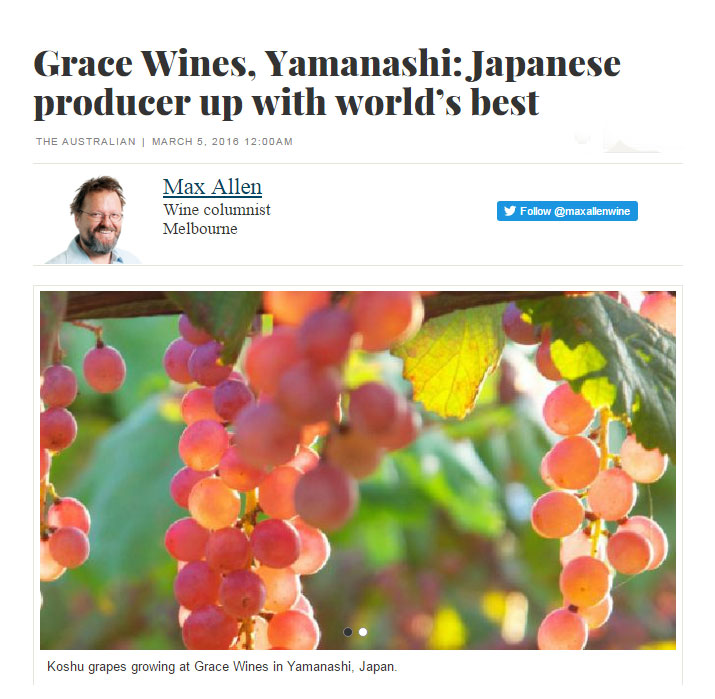
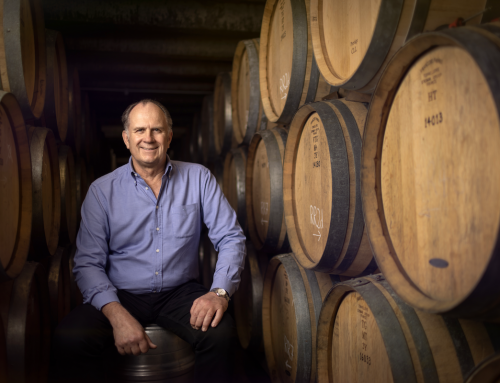
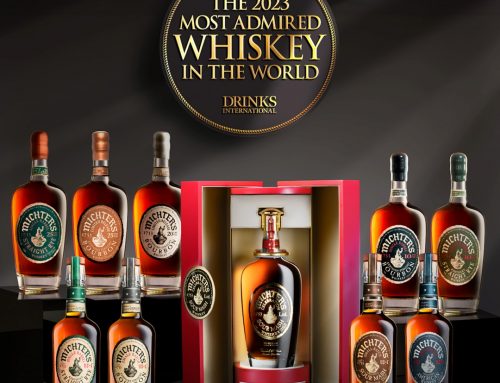
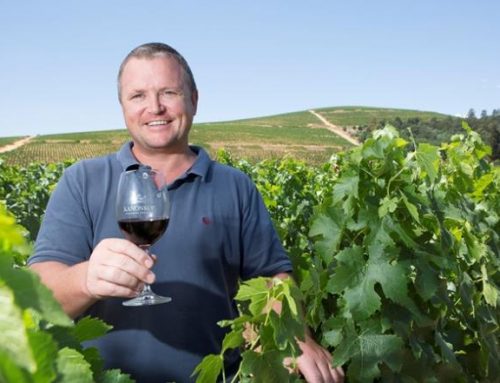

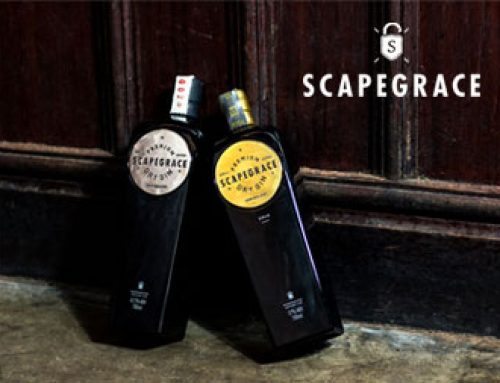





Leave A Comment